The Baby Care Products in China
The range of baby products has continued to register strong growth, this is in partly due to a large number of new-born and the increase of the average Chinese household disposable income. With a population of over 1.3 billion in 2014, annual deliveries of China have reached an average of 15 million over the years. Consumer confidence has been strengthened in 2014 because of the relaxation by the Government of its one-child policy, with about 700,000 families wishing to have a second child.
The Chinese Market
Thanks to the economic growth of China, the baby premium brands, should further expand their presence in China, where the number of wealthy people increased rapidly. Despite the wide range of baby products, many manufacturers plan to expand their product portfolios, to better meet diverse consumer. Baby care products market consists of products of care of skin baby, care hair baby, care for a bathing baby, baby, perfume baby diapers and products of convenience and safety of baby products. Indeed, baby toiletries and cosmetics market are the largest market segment with a share of revenues from 92.2 % in 2011. This segment will further consolidate its position with a market share of 93.2% by 2017. The cosmetic and toiletries market were 41.3 billion dollars in 2011 and is expected to reach 62.3 billion USD in 2017 with a CAGR of 7.1% from 2011 to 2017.
Johnson & Johnson is now the leading position of baby products from 2014 in China. After the acquisition of Elsker, Johnson & Johnson attaches great importance to the development of this brand. The brand team worked on a new slogan for Elsker, «comes from nature, Love with Elsker”, which announced mainly on the magazines and Web sites focused on the baby. The company also called the greatest photographers of a baby to take a series of photographs for Elsker, a strategy which has promoted the image of the brand among its target audience.
Attitudes towards the Baby Care Products in China
The growth of the baby care products market is heavily fueled by the population of babies growing in China, where the disposable income of the parents also increased significantly at the same time. Moreover, much of the parents are financially more stable and, therefore, have more money to spend on care and convenience of their baby. Baby care market also is faced with a growing trend of specific products for baby, especially cosmetics, which are organic, and baby that contain ingredients, which does not threaten the health of the baby.
One of the important aspects that influence the decision of parents when purchasing products for baby care is convenience and organic aspects.
Demand for China baby care products grew rapidly over the past decades. Over the next decade, production and demand will continue to grow. The Chinese economy maintains strong growth at a great speed that was stimulated by the consecutive increase in the industrial production, import & export, consumer consumption and capital investment for more than two decades.
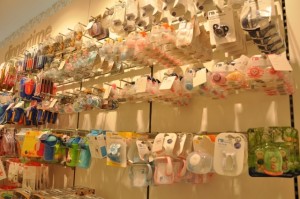
Baby care covers a wide range of categories, namely wipes for baby products, SOAP & bath and other products of toiletries for babies and toddlers ages 0 to 4 years. It includes, hair care, baby skin and Suncare, but excludes oral hygiene, diapers and perfumes. Indeed, baby in China care market is composed of local products and imported one and are divided into three segments, among others:
- Baby wipes: wipes and towels
- SOAP and bath shower: SOAP, bath products and shower
- Hair: shampoo and conditioner
- Skin care: body lotions, oils & creams, milk, vaseline and talc powders
- Other toilet Articles: hair care, skin and Suncare
The principal Distribution Channel for the Baby Care Products in China
The baby market in China is thriving and is thus part of the priority for manufacturers and investors during the past five years. Thanks to the one-child policy, the increase in disposable income and concerned about security, Chinese consumers are becoming more and more aware and selective in their choice of product. As a result, the market has been one of the most profitable markets in China. Even though the physical distribution channels, such as hypermarkets and baby stores are still the biggest seller of baby items, the share of the e-commerce channel (20.7%) in the infant milk market has already exceeded hypermarkets (18.9%). In addition, channel online on other baby products, such as shampoo for babies, baby lotion, diaper, etc., also increased by more than 35% last year.
The baby stores and the Internet stores are both important in the education of parents on the advantages offered by these new categories. Baby stores remain the largest channel for the baby products with the professional consulting services and product test. In-store sale and manufacturers of baby products are also expected to grow their business by offering shopping opportunities and product sampling categories to generate consumers’ awareness and interests for their future purchases.
If you enjoy reading this article and would like to know more about China’s Market, contact us at dx@daxueconsulting.com
Follow us on Twitter, to stay up to date!
#Contraceptive market in #China: a great opportunity for investors? Read what we found out: https://t.co/QNMUc9jXra pic.twitter.com/1fzk72mYsP
— Daxue Consulting (@DaxueConsulting) January 6, 2016


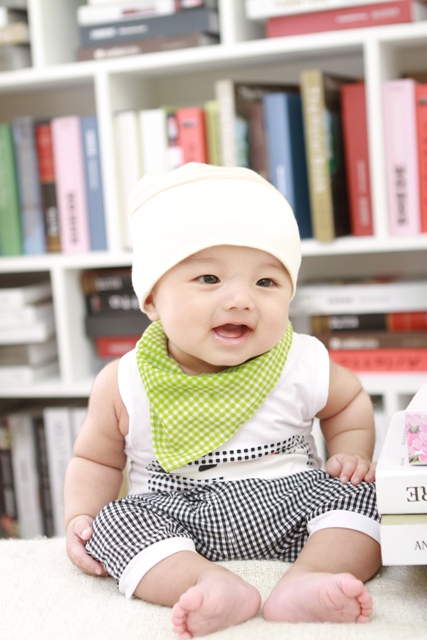
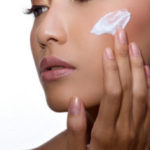


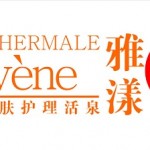
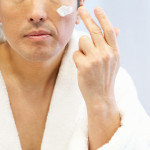
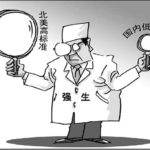
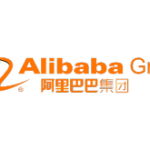
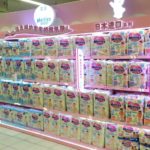





These blogs are really amazing and interesting, thanks for such lovely blogs.